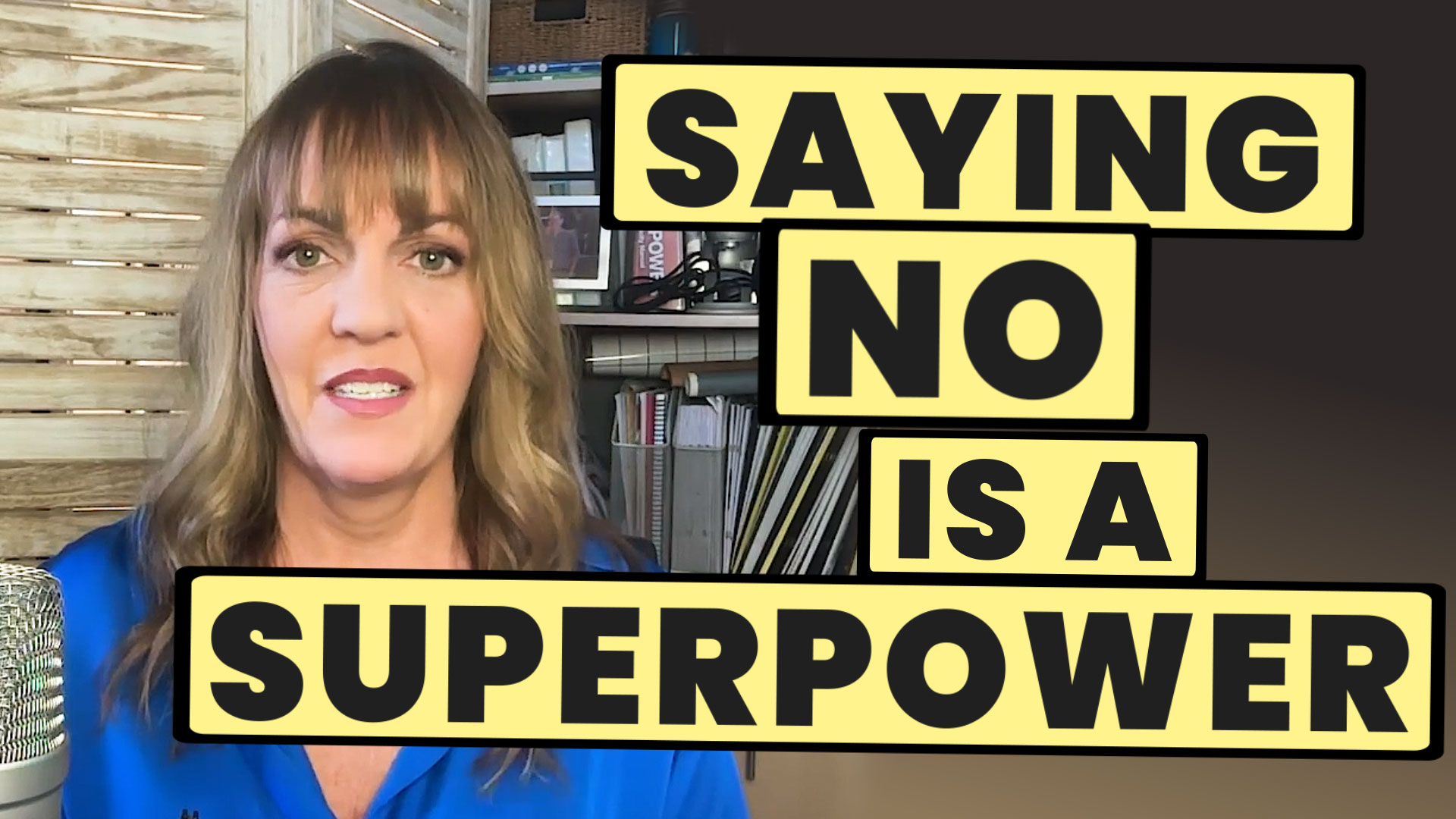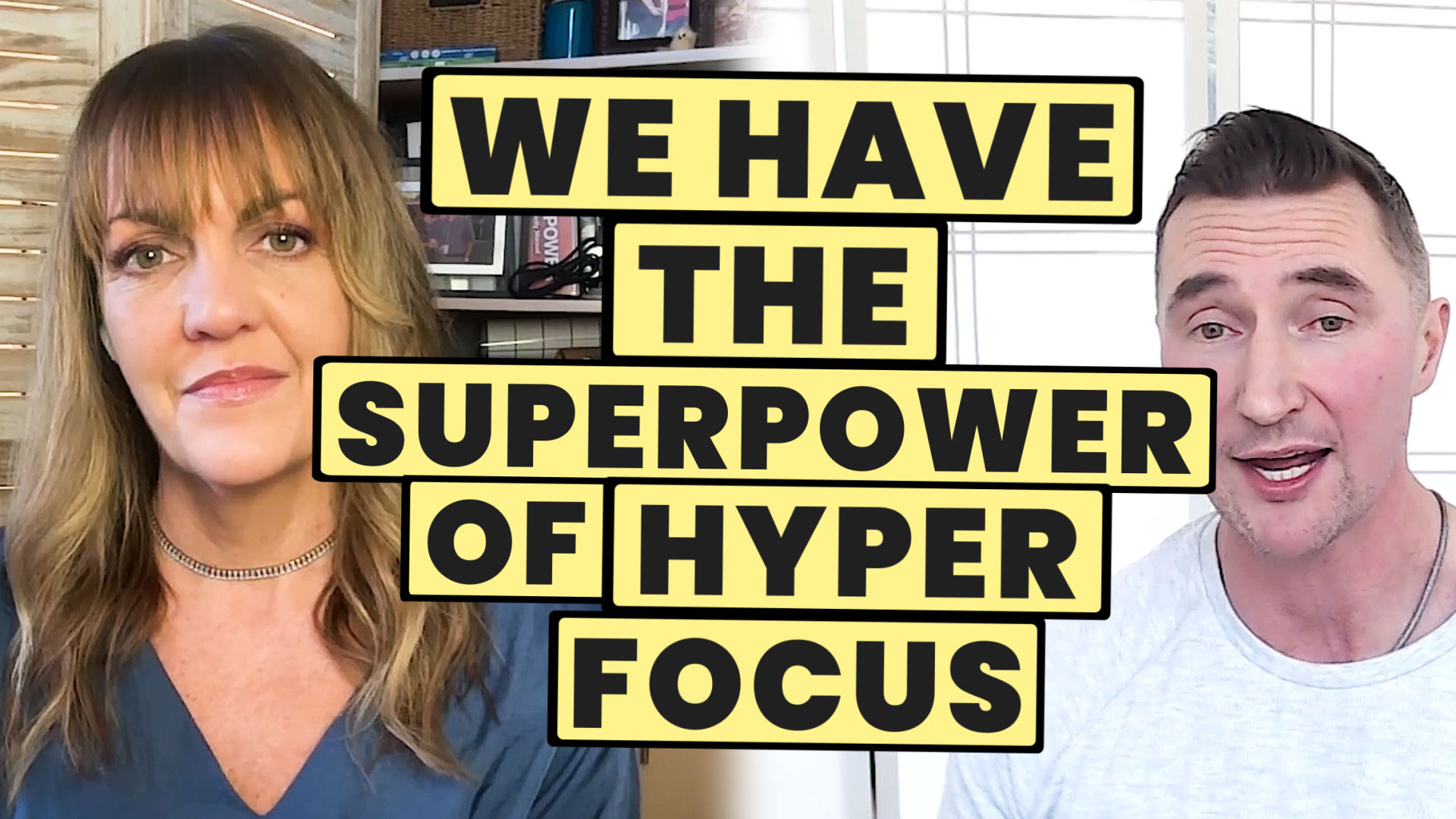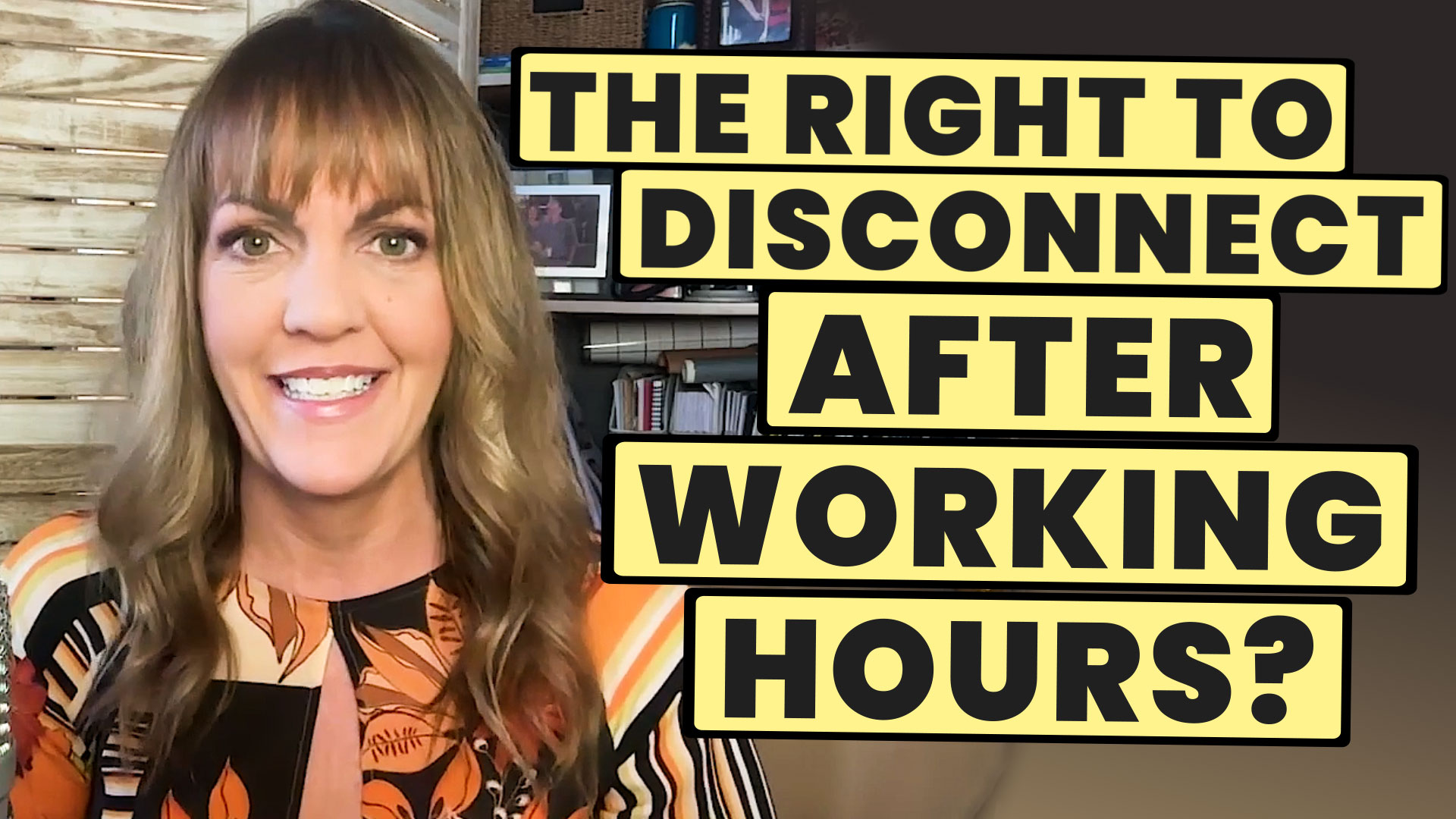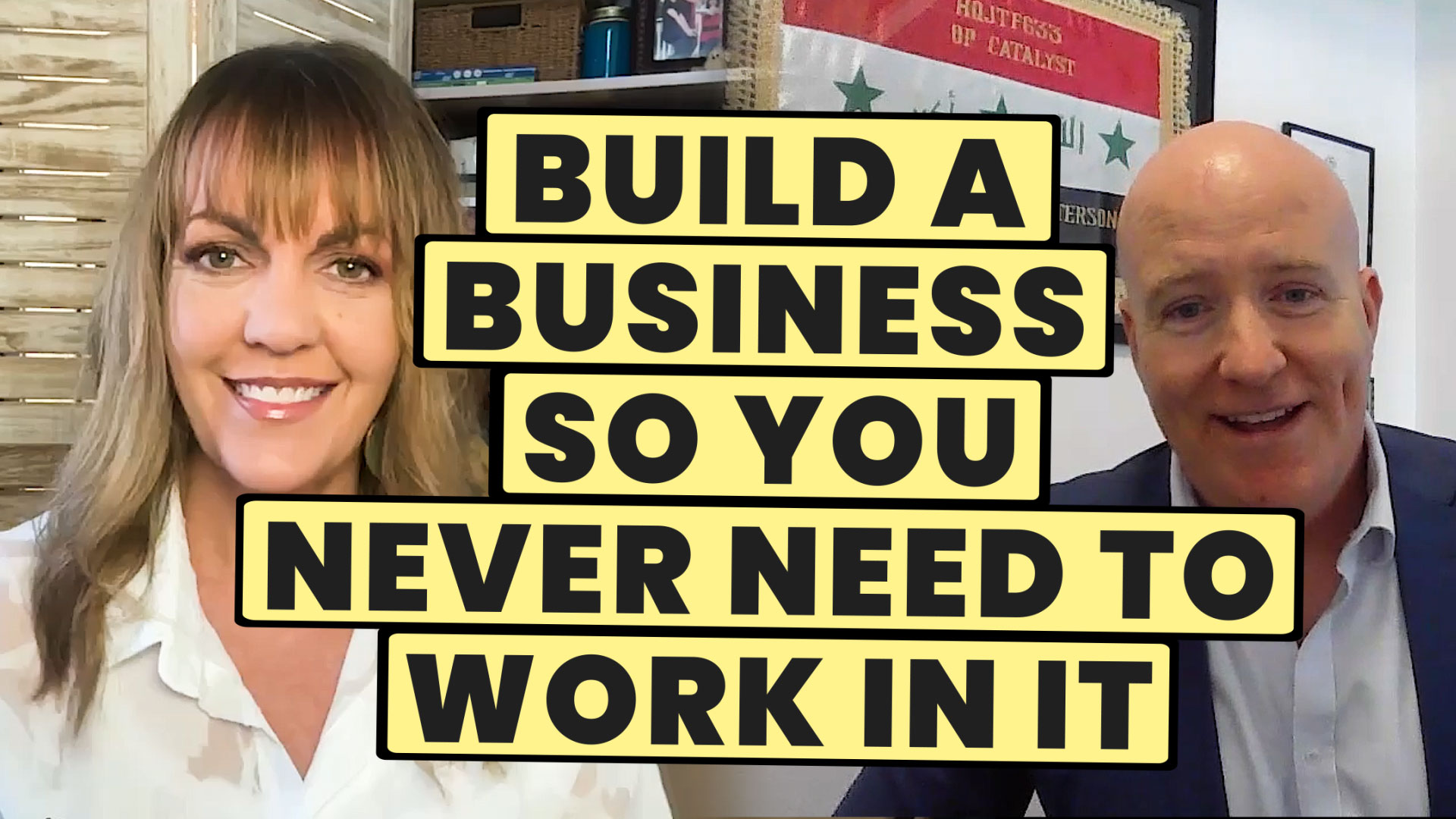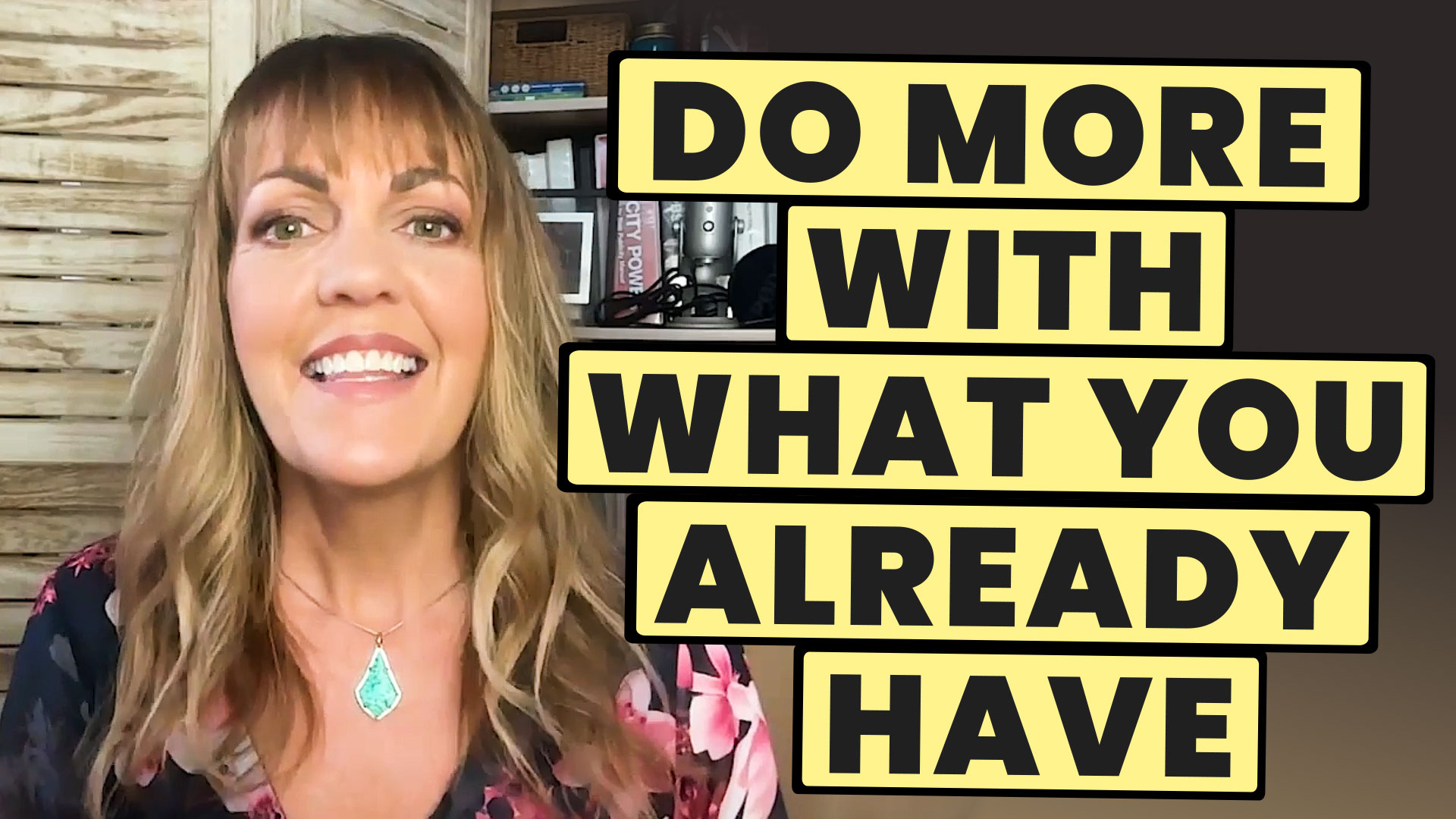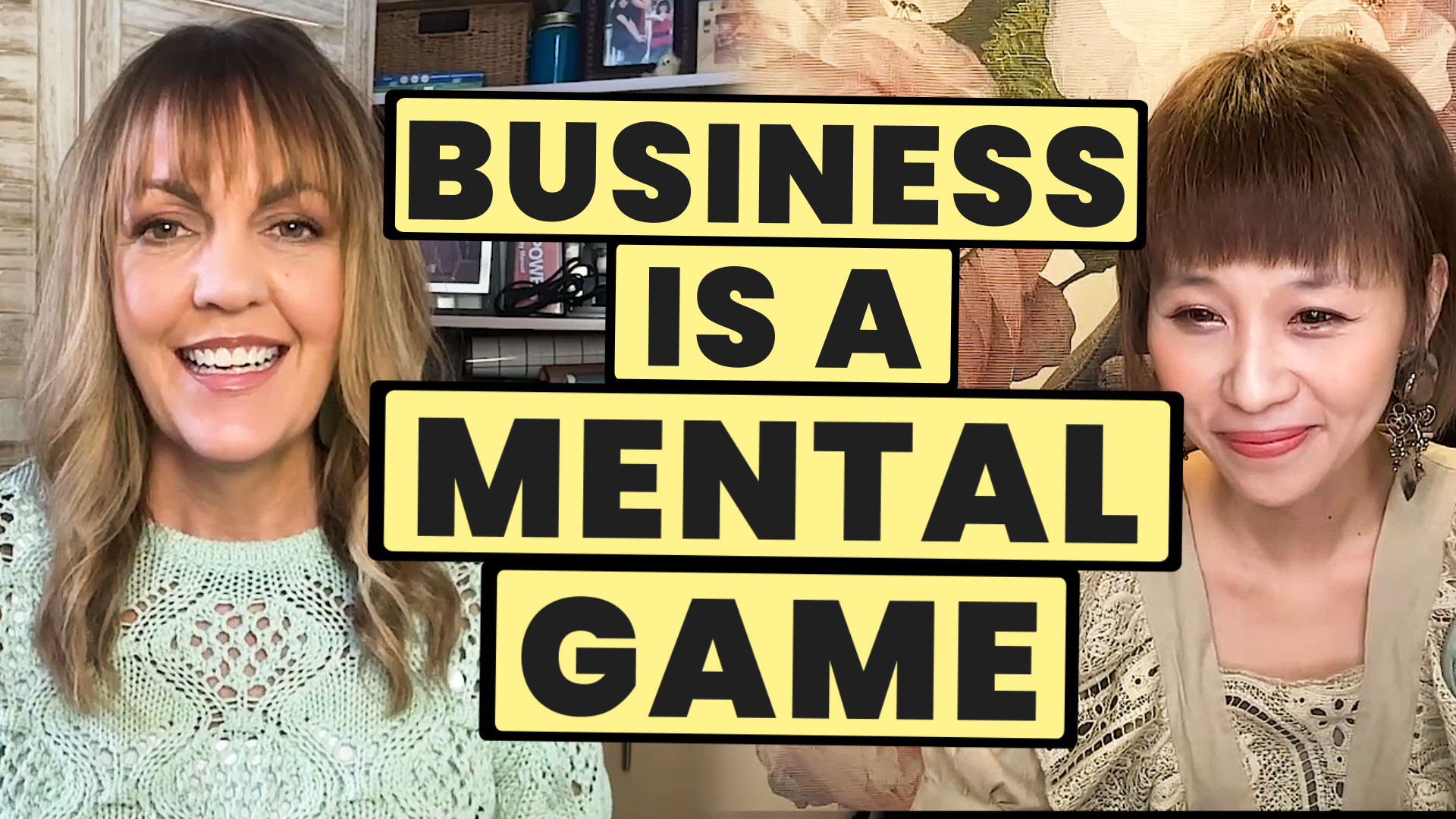Episode 9 Transcript
heather:
All right. Welcome, you guys. I'm excited to be hanging out here with Kate Kemp, the amazing Kate Kemp. And we have a lot of really fun things to share with you in this session. And as you know, by now, I don't muck around. I like to jump straight in and get to the gold from my amazing guests. So Kate, welcome to the show. How are you?
cate:
Really well thanks super excited to be here great to see you great to be talking to other SMEs
heather:
Brilliant. Well, welcome. So this show is all about working a bit smarter, not hustling as hard to grow a business. And I always like to start with tips from you. So this can be, you know, tips that you use in your own business, or you've worked with loads of businesses over the years as well. What are your three tips, like your top three tips for growing a business with less hustle?
cate:
Number one tip is choice. You choose hustle, right? Hustle is a choice. Choose not to. Choose to have your business your way on your terms using your rules, right? There are no rules. It's just about choice. Choose what you want from your business and what's right for you. That's
heather:
Brilliant.
cate:
my number one tip. Yeah?
heather:
Yeah, that's a really great theme as well. I've heard a few of the other guests sort of say, I don't believe in hustle. I don't believe in stress. So I love that you've said that. That's such a great opener. Yes, tip number two. Do you have another one?
cate:
Yeah, 100%. So I think my second tip would be to learn to let it burn. And it's really, really very hard. Look at my choice of words. I did the politically correct choice of words. Let it burn. So
heather:
Hmm.
cate:
huge skill, right? Master this skill. You can't be everywhere at all times, particularly if you're in a high-growth business or a business that's in a little distress for whatever reason. Let it burn, pick your priorities and let the chaos happen. There's a really good podcast on that actually, it's called The One Thing. So pick the one thing that's most important and makes everything else easier or unnecessary and do that thing. And let everything else burn. I got this from Jack DeLosso actually,
heather:
Okay.
cate:
really cool guy and a great mentor of mine. So let it burn, that's my second tip. And it's the hardest thing to do, particularly if you're in a service-based business particularly if you've got a big team right let it burn
heather:
Can you give me an example of something that either you've let burn recently
out the list, right?
cate:
Getting it be not perfect is an example of letting it burn, right?
Sometimes when we're in high growth or lots of moving parts, near enough is actually good enough even though we might want it to all be perfect. So that's a little example of let it burn. Well, you've got a really low value client who's making a lot of noise. But you've got five high value clients who actually need the attention and value that you deliver, right?
heather:
Yeah.
cate:
Let it burn. Don't be distracted by the low value noise. let it burn.
heather:
Thank you for that really great advice. Yes.
cate:
MBC 뉴스 김지경입니다.
heather:
Okay, I'm keen to know what number three is, tip number three.
cate:
You build your team, your team builds your business.
heather:
Yes.
cate:
You build your team. Your team builds your business. This is about being incredibly value aligned. It's about vision, mission, values. It's about really good communication. Open on as clear, direct, complete communication. And building a team that's going to come with you and build your business. You don't build a business. You build your team. That's my
heather:
Do you have
cate:
third
heather:
any
cate:
thing.
heather:
tips for, take this any direction, but I was gonna say, do you have any tips for team building? I mean, we come from the area of who to hire next or how do you be a better leader? Any good team building tips?
cate:
Yeah, okay. So the first hire is your most important highest value hire, right?
heather:
Yep.
cate:
So if you're just starting out, don't hire a junior and think you're going to train them. You don't have time for that. If I
heather:
Yes!
cate:
had, if I had a do over, over and over and over, right? It would be the first hire was as good as me or better than me or, you know, better than me, but really complimentary to me. And they were an expensive, high value resource. on so much further, faster, right? So if your first hire is your best hire, yeah? But there's
heather:
That is
cate:
lots
heather:
brilliant.
cate:
of tips there. So hire slow, fire fast, right? And trust your knowing. Like if you know someone is right, they're right. And it's a bit like dating, people. If it's not hella yes, if it's not hell yes. It's a no,
heather:
Ha
cate:
right? So it's exactly like dating. If it's not hell yes, it's no. High slow, fire fast, trust your knowing.
heather:
Yeah. Yeah. Brilliant.
cate:
And I think be your whole self. As a leader, as a manager, be your whole self. Open, honest, clear, direct and complete. Context is everything, understanding and everything. But communication and context is the key to really good leadership and management.
heather:
Thank you for that. Really
cate:
go.
heather:
great tips. So we're going to transition to you and this is where you get to really, I guess, tell us what you're good at. So think of a case study, somebody that you've worked with could be recent, could be a while ago, somebody whose business and or life you really changed. Talk us through what you did for that client. Yeah.
cate:
That's like paying on this spot, right?
heather:
Not right? I know. Hehehehe
cate:
Yeah, wow. And so that's a really challenging question for me, right? Because I try to think that, and I apply myself 100% to everyone all the time.
heather:
Uh huh.
cate:
And I guess when you're going, we'll pick one person whose business or life you changed, it's like really confronting. So I might start with something I'm really comfortable with, so I'm really comfortable with technical stuff and solving problems and detangling things, right? in that framework there is personal coaching because to create or affect change you always need to work at the the underpinning or the the foundation of the organization that's always the person right so the person always drives the organization the leader always drives the organization so change has to in my opinion come top down
heather:
Hmm.
cate:
and so we worked with quite a mature quite a large social services provider and in the NDIS space if your listeners are familiar with Australia, the NDIS is a government initiative to support social services and they had a massive, massive payroll, right? And because they had always done stuff the way they had always done stuff, this was a three-day job to get this payroll done.
heather:
Yeah.
cate:
And so they had to be a little bit of why do you do stuff the way you're doing it? Right? So and looking for the reasons like why do you do it this way you know and it could be anything and this is applies to everywhere right? Why are you doing that? And quite often the answer is well just because that's like... That's how we do
heather:
That's my looped up. Always
cate:
it.
heather:
done it.
cate:
Right? And that's actually not a really compelling reason.
heather:
Mm.
cate:
So sometimes when I talk to people I go we do it this way because blah blah and blah and like cool compelling reason, let's build a bridge. But quite often we're doing it this way because that's just how we've always done it, that's just what we know to do. Well okay, we can do it this other way, we can use this different tool and we can reduce a three-day payroll, which is just a sort of an example, down to a three-hour process. So that's three days to three hours, and no one's at fault here, you just don't know what you don't know.
heather:
Yes.
cate:
So investing in a consultant and a consultant and a coach, is going to be confronting, going to ask you, you know, really to examine why you do stuff. And then the whys get pulled apart. So I think, you know, if you ask why seven times, you kind of get to the bottom. I don't care about seven times, you just ask why until you get to the bottom. And from the root cause, from the understanding of what you're doing or why you're doing or how you're doing it, you can then build solutions. And so in this instance, I did a lot of coaching management team around examining process and examining their own motives for why processes in place because some of that complex stuff was cutting off noses despite faces. I must ensure that my team are all you know blah blah at this time and must be in the office and I'm like yeah okay that I understand but what's the value what value you're driving from that? I got burned once five years ago really badly burned by one employee. but you've got 300 employees. So where is the value? So examining value, examining purpose, and then redesigning business with tools you might not know about. Yeah.
heather:
you are speaking to my heart on that. And
cate:
Okay.
heather:
that's what I love about you as well, because you are, I find it quite uniquely different in what you do, because you actually reverse the order of things. I find that a lot of people go in to look for the broken process and it's just like, do this, fix this, but they're not getting
cate:
MBC 뉴스 김지경입니다.
heather:
to the crux of why it was there in the first place.
cate:
Yeah, 100%.
heather:
And that creates long lasting change as you will know. You know, there's something interesting you said, where you ask, and why are you doing this and why are you doing this? And you keep sort of chunking down. into the real reason. I do that a lot in marketing, right? So why does
cate:
Yeah.
heather:
your client want this? If they get this, what will give them and then what will it give them and what will give them until you get to that real, like raw emotion, human reason why?
cate:
Yeah, I don't
heather:
So
cate:
want to get hurt.
heather:
yeah,
cate:
Yeah,
heather:
don't want
cate:
I
heather:
to
cate:
want
heather:
get
cate:
to feel
heather:
hurt.
cate:
good. Yeah, usually they're the answers.
heather:
And then you can work with somebody to create the long lasting change.
cate:
MBC 뉴스 김지경입니다.
heather:
Do you find that because you took a system from three days to three hours, which far out, that's amazing.
cate:
Yeah,
heather:
Do you?
cate:
it's a lot of cost, right?
heather:
God, um, Do you find that that's something that you excel at? Is it saving people time? Is that your main core thing that you that you are good at?
cate:
It's certainly one of them. When I look at financial operation, performance and processes that underpin all of that, it's about is it effective first,
heather:
Yeah.
cate:
is it efficient second and people get that ass about, right? They're like I want the most efficient way to do this. I'm like you can have the most efficient process in the world if it is not effective then it is value
heather:
Hmm.
cate:
less, right? And so I look look for efficacy, efficacy first, efficiency second because I believe that's where the value lies and some people don't like working with me in the first couple of months because I point out a whole lot of flaws in what they've been doing and they're like but this is really efficient it doesn't cost very much and you do not have a balance sheet or any financials you can make any decisions on. You don't have clear metrics. You can't see what your business is doing every day. And that's a huge component of what we do. Even the most effective and efficient processes, if you can't see the results of that, if you don't know what's going on in your business, well, you know, it's not really going to cut the outcome. Right? So yes, time-saving and efficiency is a big part of cost reduction, but sacrifice value for reduced cost and this
heather:
Right.
cate:
is very cliched value triangle stuff. But it's all about value first, efficiency second for me.
heather:
Nice. And know your numbers, read that data. Do you help? How do you work with businesses that are scared of data or are like over one plate?
cate:
Yeah, it's a funny one that people go, oh, you know, love your numbers. I'm like, honestly, I hate numbers. I'd rather stick needles in my eyes.
heather:
Perfect.
cate:
Um, sorry, you know, but it's about what do you want to know and when do you want to know it? What do you need to know and when do you need to know it? And we can, we just reverse engineer from outcome. So business owners, um, don't like looking at their numbers. doing little bunny ears for inverted commas, right?
heather:
Yeah.
cate:
Because they don't understand the story of what they're looking at. And accountants and bookkeepers are often, not always, often really mindful of those things being accurate and not meaningful. And so I guess my superpower is just going, well, here's a bunch of numbers. So what's meaningful
heather:
Ha
cate:
to you? And business owners will go, what revenue I need to make. I just want to know what targets I need to hit to make this work. I want to know why there's no money in the bank. And so if we actually get the right questions and finding the right questions is about asking the right questions, right? What do you want to know? What would make a difference to you? What would change your decision here? And asking the right questions then start to reverse engineer the whole freaking financial stuff because right into something that is meaningful. So again effective. The very best management accounting in the world, the best bookkeepers, the best advisors is meaningless unless the person reading the outcome or discussing the outcome is on board understands the story. Life is just about stories right? So what are the stories? How can I present this sheet in a way that's going to smack you across the head when you need it. Right?
heather:
Yeah.
cate:
And so we have a really cool little thing called a BS assessment. I mean of course I mean balance sheet when I
heather:
Oh
cate:
say
heather:
really?
cate:
BS.
heather:
Of
cate:
Yes. Yes.
heather:
course you do. Yeah, no.
cate:
And
heather:
It's good.
cate:
that actually sort of just breaks the ice because it's a really simple exercise that anybody and everyone can do to actually understand what the most important financial statement they have is. how good it is.
heather:
Yeah.
cate:
So that's what we did.
heather:
So, you know, I do the same thing a lot with businesses from the marketing perspective. That's why
cate:
Yeah.
heather:
I just wanted to ask you that question with numbers because I cannot tell you how many times I speak to somebody. They have a 10 page report of all these vanity metrics and numbers and they they're like, oh, my business must be doing good in the marketing space. And it's like, do you even understand what you're looking at? It's it's that dashboard of metrics that that business owner actually needs to know about based on where
cate:
as
heather:
they
cate:
it
heather:
are
cate:
means
heather:
in their
cate:
something.
heather:
Yeah, it has to mean something. Absolutely. I have to mention to the listeners that are not in Australia, do you guys hear the cockatoos in the background? That's what
cate:
Thank
heather:
that
cate:
you.
heather:
sound
cate:
Bye.
heather:
- Any Aussies be like, oh yeah, they're hanging
cate:
And I didn't
heather:
out.
cate:
even
heather:
Right?
cate:
hear them until you pointed it out.
heather:
Because they
cate:
Bloody
heather:
come over
cate:
birds.
heather:
and all that I know, I know, and there's going to be listeners going, what is that sound in the background? So guys, we have these beautiful white cockatoos. like they're not they're not packs. When do you call them? I can't remember.
cate:
Flocks, flocks.
heather:
My brain just went flock pack whatever. Yeah, a flock
cate:
Yeah,
heather:
of
cate:
groups.
heather:
cockatoo's big groups, they come around and they're just noisy. So anyway, now you just got a little taste of the sounds of Australia.
cate:
Yes.
heather:
So
cate:
Sorry.
heather:
I want to talk a little mindset hack. You brought up the first tip way in the back of sort of, you know, not I'm curious to see how you're going to answer this one. So if people are basically overwhelmed in their business, they're extraordinarily overwhelmed right now with something going on, what's like a tip or a hack that you would give them around getting through this overwhelming moment?
cate:
You first need to recognize that you're overwhelmed. I think the practice of being self-aware. So if I go down a rabbit hole, I can be overwhelmed and throwing things and I've got five things going at once and I've got two things on hold over here and blah, blah, blah. And as I've got five, I do have actually five screens and I'm working on all of them and da, da, da, da. I don't know I'm in that state. So practicing just self-awareness. So the minute you catch yourself in that state, Walk away. Literally walk away.
heather:
Yeah.
cate:
None of this stuff is actually all that important. Right, sometimes it feels really important but it's not. Right, walk away even if it's for 30 seconds and change your physical state so there's a thousand things you can do. Go stand in the sunshine, breathe, like get some wim Hof going or just be deep breaths. Actually change your physiology. Right, come back to your priority. And sometimes I need to put sticky notes about what my priorities are because there seems like there's 50 of them and they're all equally prioritized. And then they're all at once and then there's the overwhelm again. Walk away. So
heather:
Mmm.
cate:
actually people talk about pattern interrupt. You just do it for yourself. Make a cup of tea, stand in the sunshine. I do walks to the post box and back. So I walk up my drive to the post box and I walk and this is
heather:
Yeah.
cate:
this is five minutes max this is not a make or break you know time and it gives you your your psychology a moment to reset so just walk away I've been known to have comfort breaks in the middle of very big meetings just so
heather:
Right.
cate:
that I can walk stand in the sun 30 seconds come back and whatever big feelings I'm having and allow people to be and respond as they are.
heather:
That is, that's an interesting thing that you do in the big meetings, the little breaks. But that's everything, isn't it? Like shifting, like you said, your physiology and having a complete different perspective. It's like a grounding, isn't it? You come back
cate:
Yeah,
heather:
down to, yeah.
cate:
100%. And that doesn't look different for everybody, right? But just walk
heather:
Yeah.
cate:
away.
heather:
Yeah. Walk away. I do similar thing when I go outside too. So I'll,
cate:
I just.
heather:
I'll just go sit out on my deck and just take a moment to breathe and refocus. And like you with your sticky notes, I live and breathe my, by my little Google calendar system and
cate:
Mm-hmm.
heather:
I have color codes and I, I'll come back after those little breaks and go, actually, I can move that to two days from today. What am I doing? Like I'm, I'm gonna kill myself if I do all this today. But yeah,
cate:
Yeah, and the other big thing about that is actually the communication piece again.
heather:
Yes.
cate:
And the communication piece. So I'm guilty of it. I think we're all guilty of getting in that overwhelm and trying to deliver and we promise we do all this stuff and no one thinks you go, shit. All right. Hey, so and so you know what, my day's gone really sideways. I'm just not going to be able to do this. I'm certainly not going to be able to do it with the care and quality deserve and I'm going to ask if it's okay if I put that back to Friday or whatever day, right? Communicate. Like everybody's a human. If you're working with not humans, suggest maybe you have a think about that and everybody as long as they understand what's going on and you've been open, honest, clear, direct and complete in your communication. You know, yes, you might ruffle some feathers, yes, some people might be disappointed but it's okay. for someone to be disappointed in you and that's what we want to avoid right we don't want to feel like someone's been disappointed in us it makes all these feelings happen
heather:
Yeah.
cate:
but they can be accepting and understanding and ticked off at the same time right and so communicate.
heather:
advice.
cate:
아...
heather:
I have one question for you, one last question. And yep, you're gonna have to talk about yourself again.
cate:
Ha ha.
heather:
So what do you think makes you extraordinary with what you do?
cate:
I think it's that I back myself.
heather:
Hmm.
cate:
I think. I think I know what I like doing and I don't make excuses about doing it. And I back myself. And I know whenever I'm not being extraordinary, it's because I've not backed myself or I've second guessed myself or I've agreed to do something that I know I really don't like. You know? So I think just, playing by my own rules and knowing that I'm okay the way I am.
heather:
Wow, gosh, your answers are really thought provoking, Kate. I'm finding you to be an incredible communicator, just so you know, because, you know, I talk to a lot
cate:
It's...
heather:
of people over there, but you really are, you're very articulate, and there's been really great, concise answers that I think feed into not having overwhelm. Like you've delivered, yeah, just great points, so thank you for doing that.
cate:
Really?
heather:
Now, if people want to know more about you and how to work with you, or if you have free master classes tips or resources, how do they find out more about you?
cate:
So honestly, the best way to find out about me is actually just talk to me. You can find me on Insta, Facebook, I have a website I think somewhere. I'm pretty sure there's a contact you sort of thing. The marketer is sitting in this call going, oh my God.
heather:
to a point. Ha ha ha.
cate:
Yeah. But look, I work with people and I like to work with people that I like. So
heather:
Yeah.
cate:
the people actually find me by just reaching out and saying, hey and I choose to be that that's how I connect with people that's how I choose to work with people and I sort of don't play the funnel game and the you know that that stuff it's very much on my terms and I just love anyone and everyone to reach out and say hello
heather:
I like that you also said you don't play the funnel game because you don't actually always need it. And I think that's something so important to remind people that are listening or watching this is the fact that do what feels good for you, do what works for you, and it doesn't have to be all this stuff that's floating around because that actually can create more overwhelm. Oh, I need a funnel. Oh, I need Facebook ads. Oh, I need this. You know, play to your strengths. I'm going to go ahead and do that. I'm going to go ahead and do that. I'm going to go ahead and do that. I'm going to go ahead and do that. I'm going to go ahead and do that. I'm going to go ahead
cate:
Yeah.
heather:
and do that.
cate:
And when my coach said, you can choose, like, not that she only said this once, she said this
heather:
Thank you.
cate:
for many,
heather:
Bye.
cate:
many years, and then one day I heard her, right, that's the difference. She's like, just choose, how do you wanna do business? I just said, I said to her, I just wanna have chats. And she's gone, we'll just have chats. I'm like, huh, all right. So people who wanna work with me, find me. And we have a chat, simple.
heather:
Ah, that's so good. Do you have any last tips or thoughts or aha moments that have come up for you during this conversation that you want to share with our listeners?
cate:
Um I don't know, I think that choice is a huge thing and it is so underrated and I think a lot of this and certainly I often get into this feeling state. So I've got all these emotions, even my teenage son, the other, I don't have a choice, I have to live here. I'm like, oh, son.
heather:
Don't get
cate:
You
heather:
me started.
cate:
have lots of choices around this. Here's my choice. I choose to live with not dirty pig flatmate. So, and he's older now, he's obviously he's 19. So he's a flatmate now, not
heather:
Yeah.
cate:
a child. And my choice is that my home is the way I like it to be because it's mine. So if you would like to live here and I'm very happy for you to live here, my love, you can choose to not be a dirty pig or you can choose to not live here. I can't, I can't choose to not live here. The reality is He can choose to not live here, right? You can choose not to respond to that email. You can choose to do business your own way, but you have to own the whole of the choice. The whole of the choice for my son is that he's not gonna have free internet, a nice lounge room, and I can't, you know, he's gonna have to go and slum it and actually pay rent somewhere, like actually pay rent and stuff. But that is his choice, that is the whole of the choice. The whole of his choice to stay at home played by my rules now. So the whole of the choice to not answer the email, the whole of the choice to do business your way or not comes with a raft of sort of context right?
heather:
Yeah.
cate:
If you own your choices and you choose what you have then you have what you choose and then you can choose different.
heather:
Oh, what a great, great line to end this episode on.
cate:
Hehehe.
heather:
Thank you. Wow, thank you so much for being here and sharing all your little
cate:
No,
heather:
words
cate:
probably
heather:
of wisdom
cate:
not.
heather:
and your stories. It's been really appreciate.
cate:
Yeah, easy. Too easy.
heather:
Thanks.
cate:
No worries.
